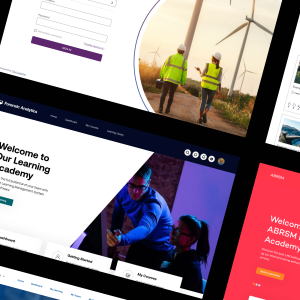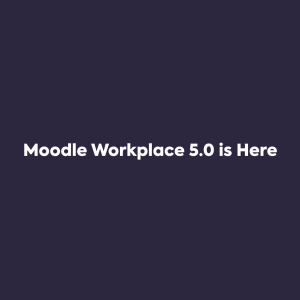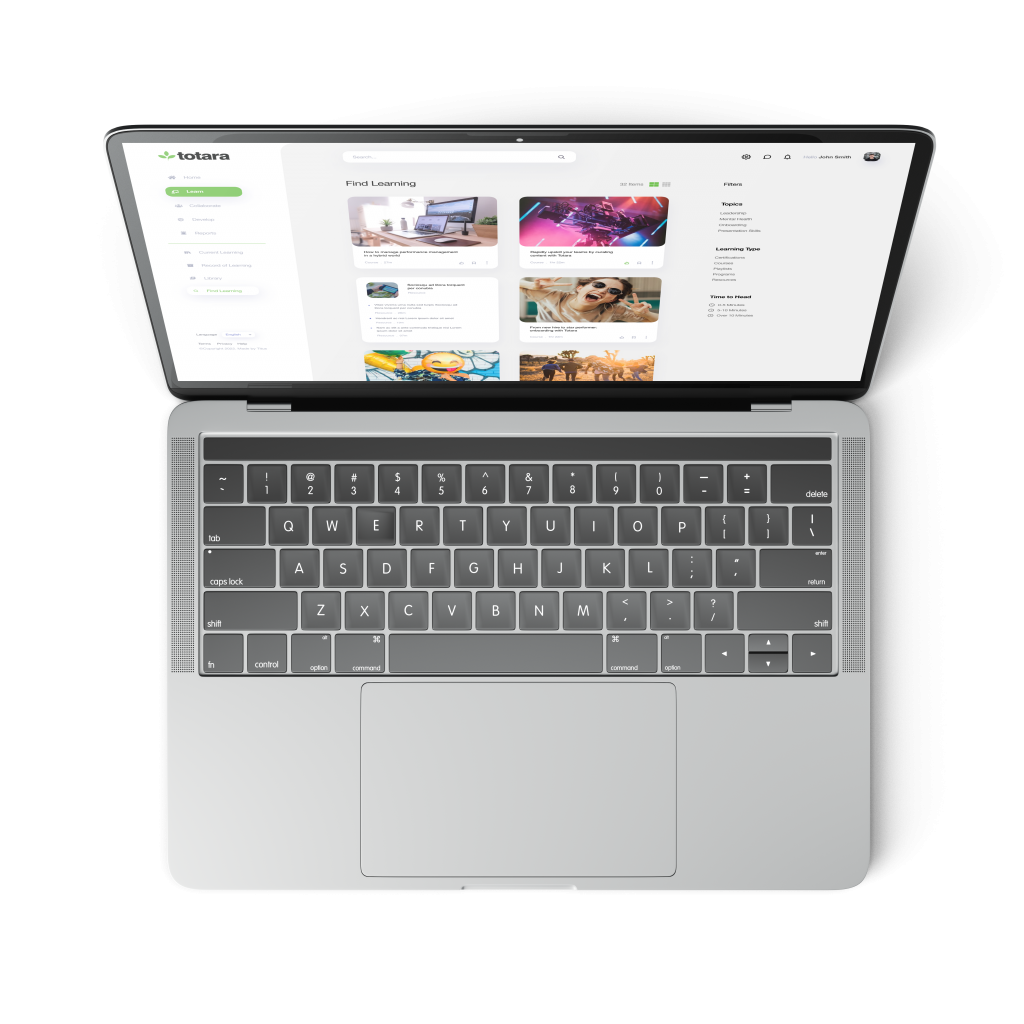So, you’re thinking about the best way to take your employee training online. But what you didn’t anticipate was the amount of jargon you’d have to wade through to find the best solution.
UX, breadcrumbs and multi-tenancy are just a few of the terms you’ll come across.
Confused yet?
The digital world’s full of acronyms and words that you don’t hear in everyday life. And that can make it challenging to navigate.
But before you give up the search, don’t worry. With our guidance, you’ll be fluent in eLearning speak before you know it.
Two common acronyms are “CMS” and “LMS.” On the surface they’re strikingly similar – but where eLearning is concerned, understanding the difference is crucial.
In this post, I’m looking at them both and sharing their differences and similarities, as well as recommending which is best for your eLearning project.
What is a CMS?
CMS stands for “Content Management System.”
Without trying to state the obvious, it’s a system designed to help you manage content.
Put another way, a CMS helps you get online without needing high-level coding skills. It’ll also help you to organise everything you want to share online.
Most CMSs will typically include the structure that helps a website get found online. The files that make it accessible to a computer. Without those files, a user would see a barrage of code.
There are countless different types available, and each offers unique features.
What’s the most popular CMS?
WordPress is the most widely used platform in the world.
A staggering 30% of the world’s 2 billion websites use WordPress. It’s so successful because it’s easy to customise, design and update. What’s more, it makes publishing new content simple.
Is a CMS suitable for eLearning?
Many content management systems like WordPress have plugins available that can give it eLearning capabilities.
Like the ability to create a course area or incorporate different types of content, however, because you’re starting with a broad framework, the learning curve is much steeper. As a result, adapting it for education is a complex process.
If you’re serious about creating an effective eLearning programme in your organisation, an LMS is better suited to your needs.
What is an LMS?
Similar to a CMS in many ways, an LMS enables the delivery of content on the web. The critical difference is that the features are specific to eLearning.
An LMS provides structure and organisation to your course content, which transforms it into a useful resource. You can expect to find dynamic quizzes, user analytics and role-specific features.
And that’s just the start of it. There are countless types of learning management systems, which offer varying features and designs. Some focus on ease of use yet sacrifice advanced features, whilst others are overly complex, which subsequently harms engagement levels.
If you’d like more information about the intricacies of learning management systems, visit our blog where you’ll find guides and blog posts about that very subject.
What’s the most popular LMS?
Moodle is the world’s most widely used LMS system. It’s an open-source framework used for all kinds of eLearning, including blended learning, distance education and workplace training. Estimates suggest there are close to 231 million users worldwide.
It provides the framework for a robust LMS, with features that make hosting courses and training of different complexity simple.
Because it’s open-source, it means that companies and developers contribute towards its success, and that means it’s constantly evolving with the needs of their users.
Is an LMS suitable for eLearning?
Yes! An LMS is perfect for eLearning. Many Content Management Systems have a range of plugins available which allow them to include eLearning features, and it’s often a botch job. In contrast, if learning is your main concern, an LMS is ideal.
In conclusion, there are plenty of crossovers where the two systems are concerned. Generally speaking, a CMS provides a broad framework which allows for web projects of all kinds. An LMS, on the other hand, contains features that are highly specific to learning and course delivery, so if your project revolves around eLearning. It’s an obvious choice.
If you’d like any help in creating an LMS for your organisation, Titus provides best-in-class services which can help you develop the perfect solution for your eLearning needs. Get in touch to see how we can help.







